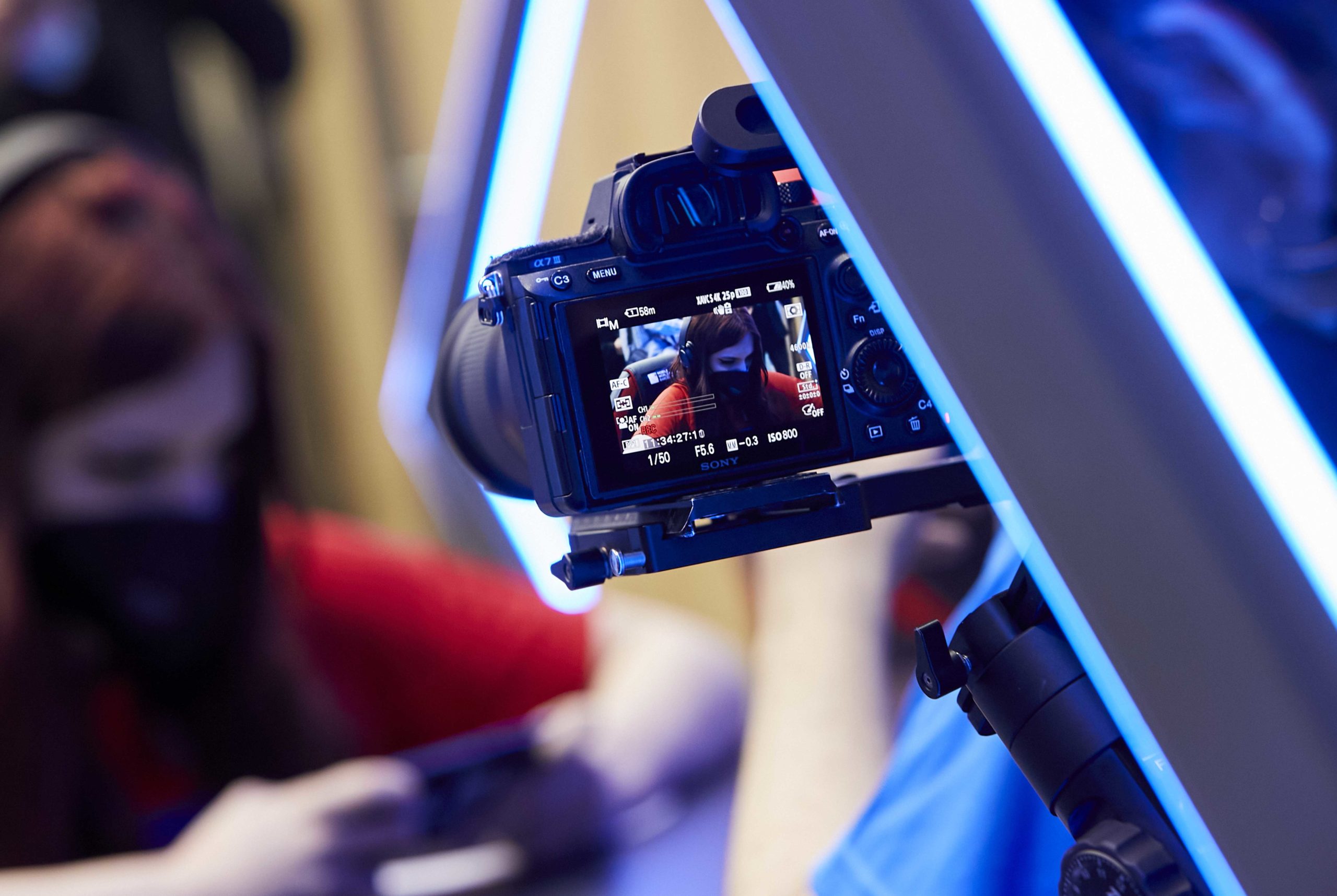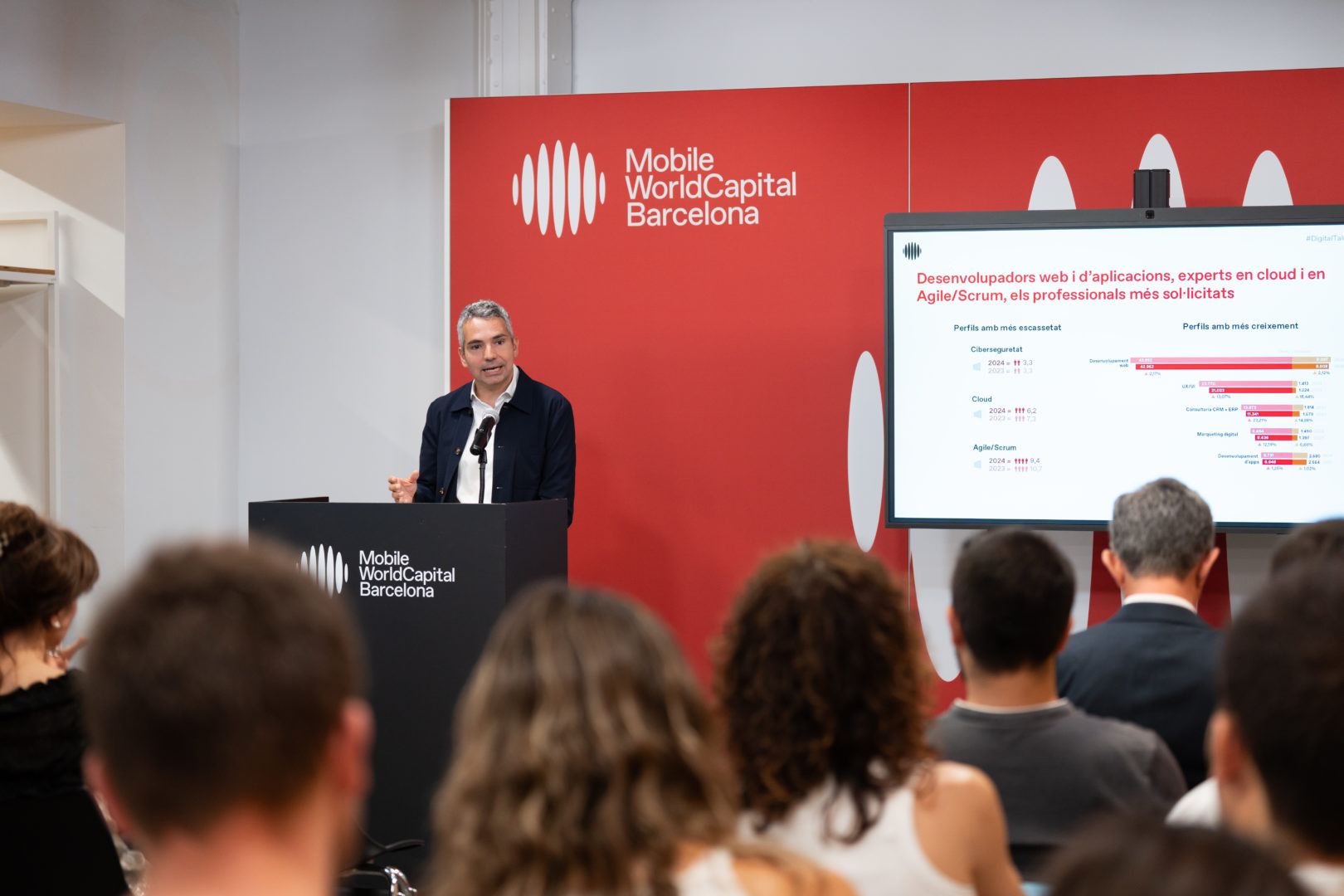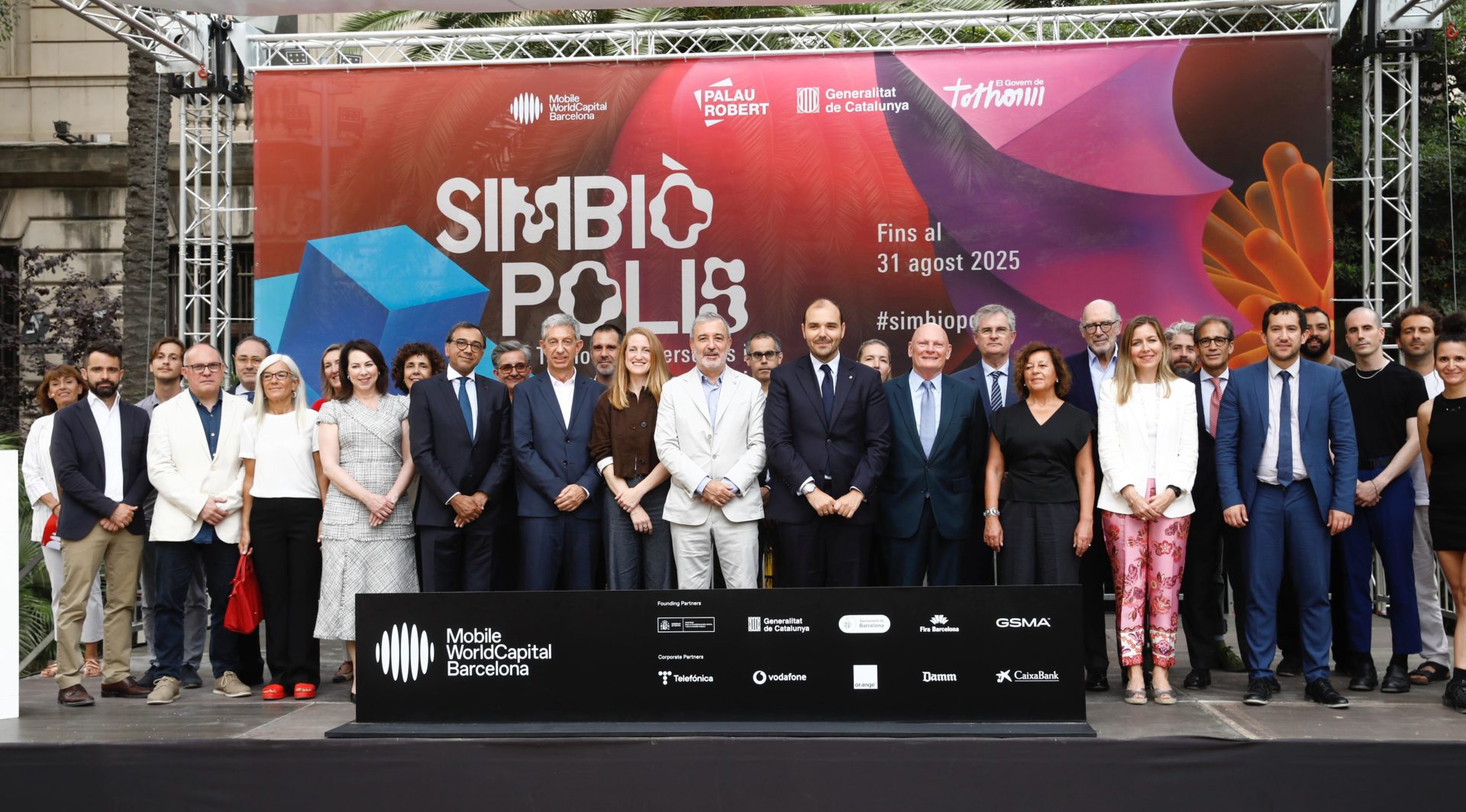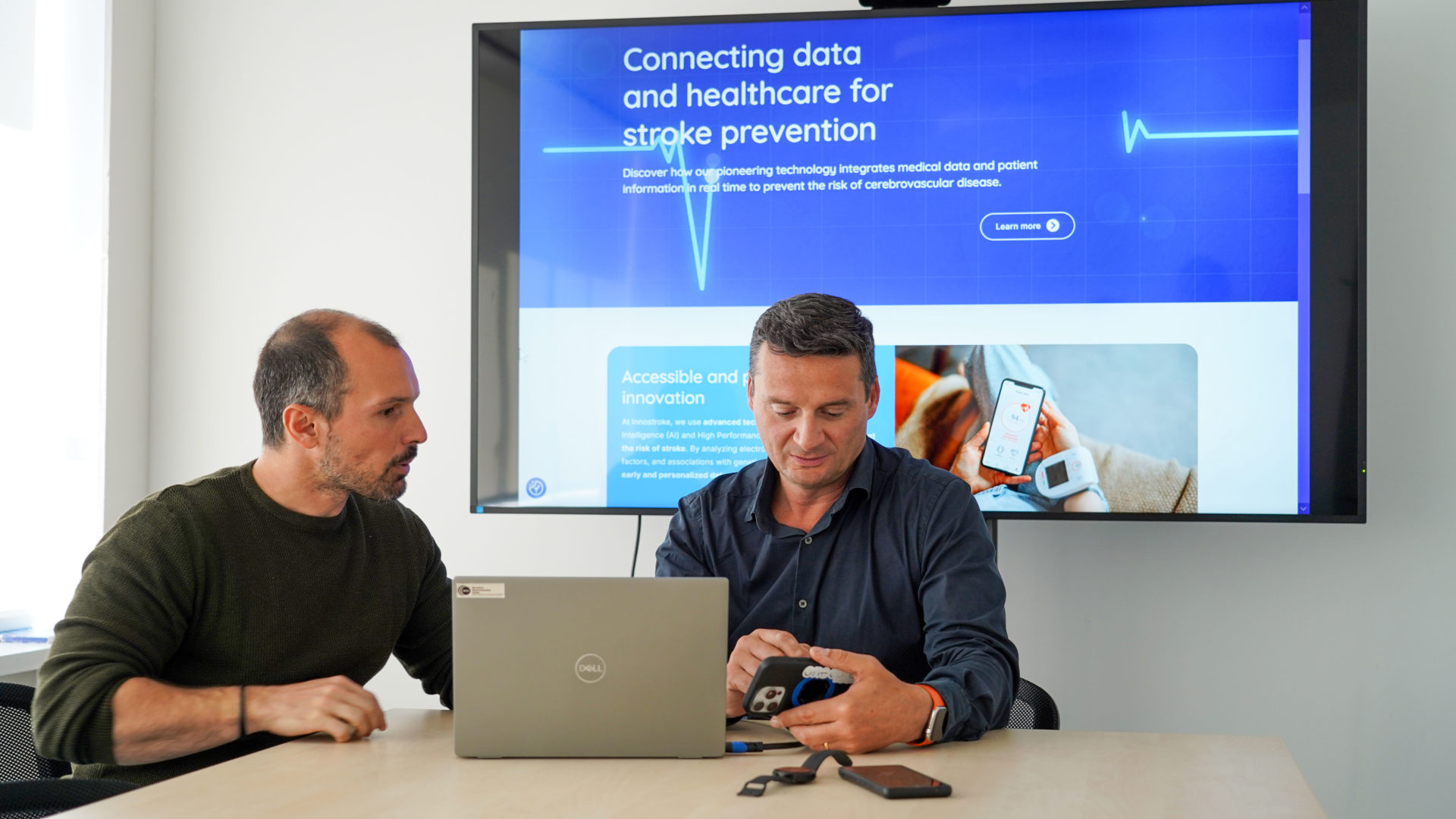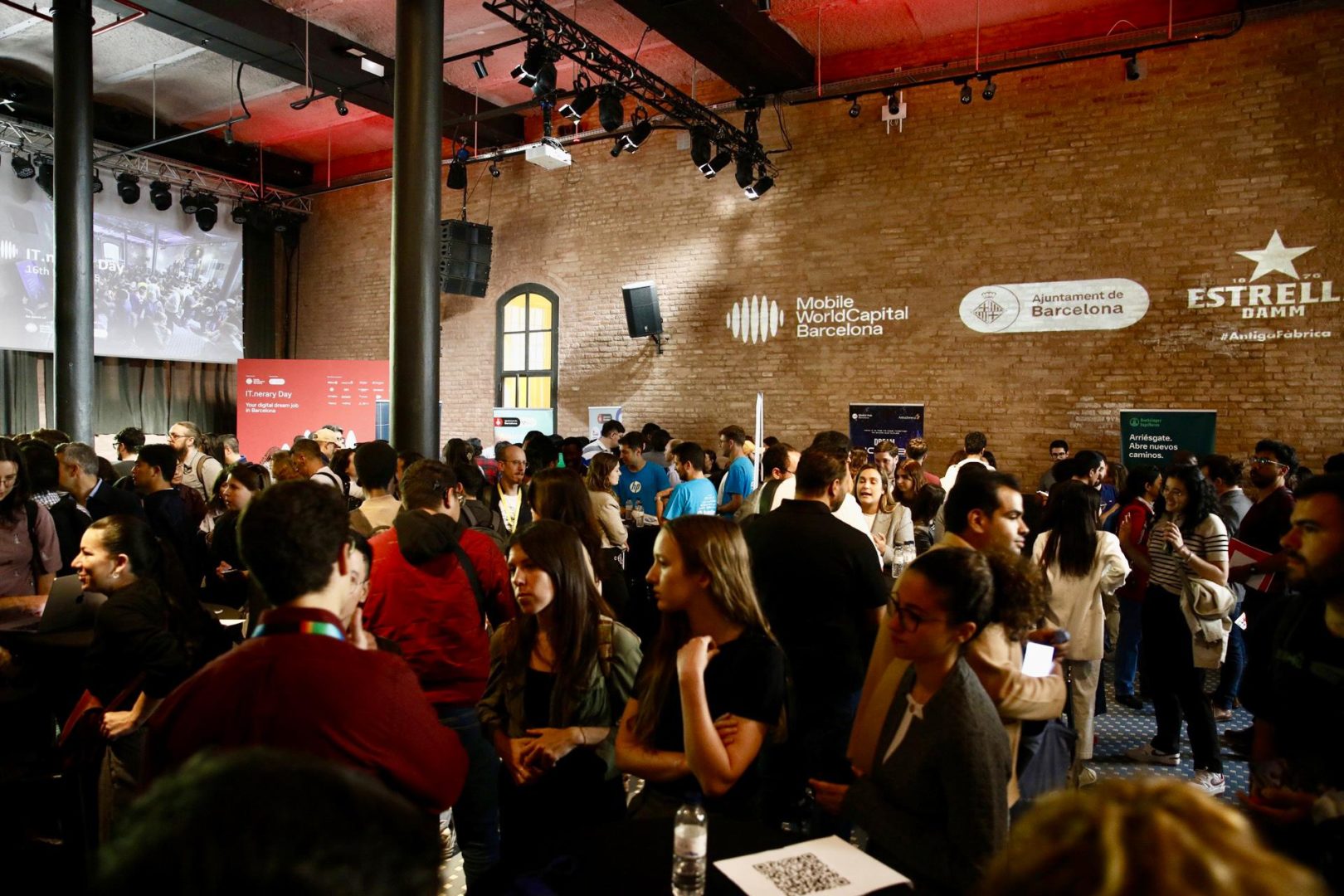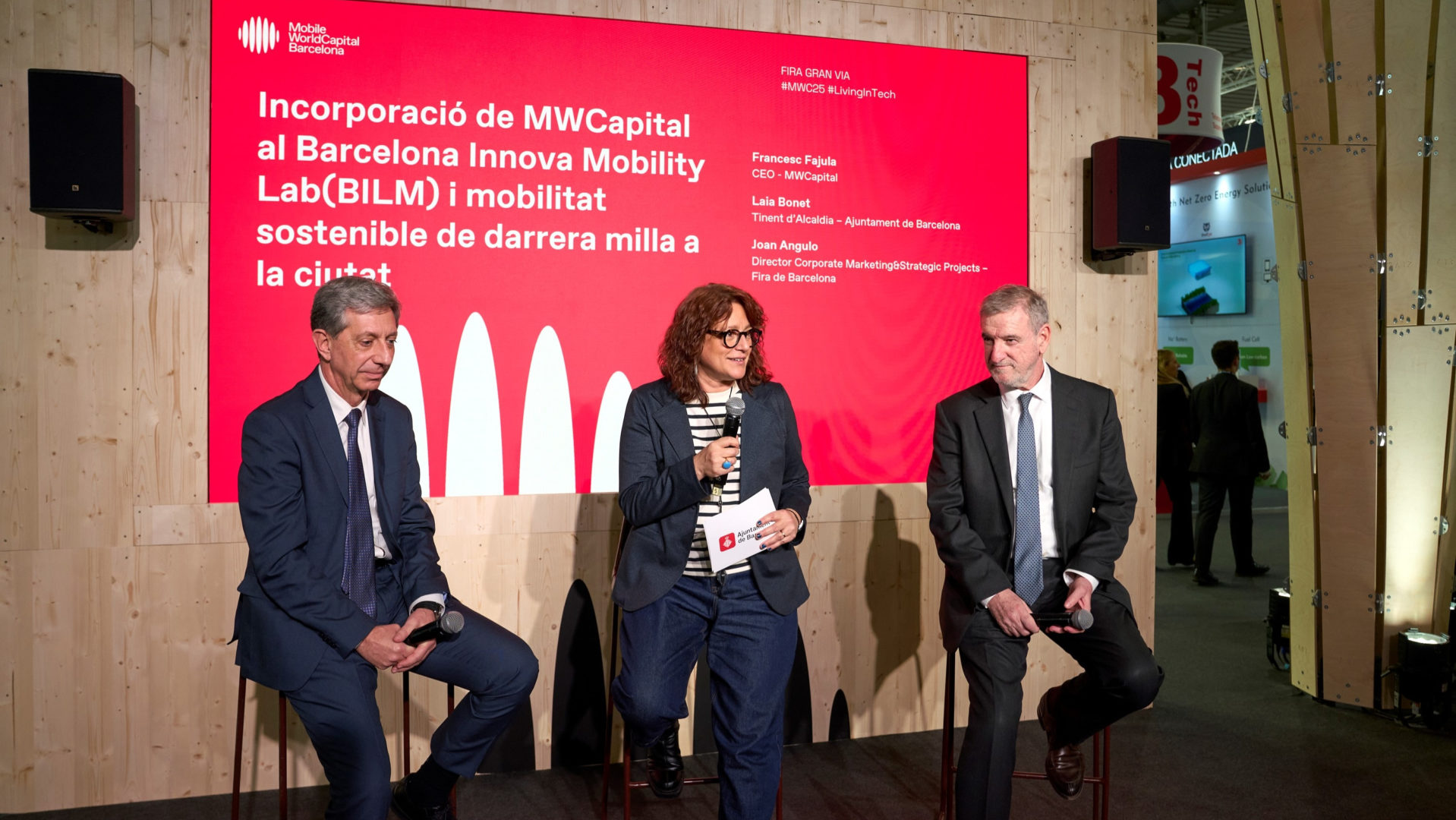
YPlasma closes a $2.5 million investment round to revolutionize electronic cooling with plasma technology

The deep tech startup, born from the technology transfer program of Mobile World Capital Barcelona, attracts the interest of international investors such as Faber and SOSV. 10/July/2025 YPlasma, a spin-off born at the National Institute for Aerospace Technology (INTA) and founded in 2024 thanks to the Tech Transfer program…
Descargar
